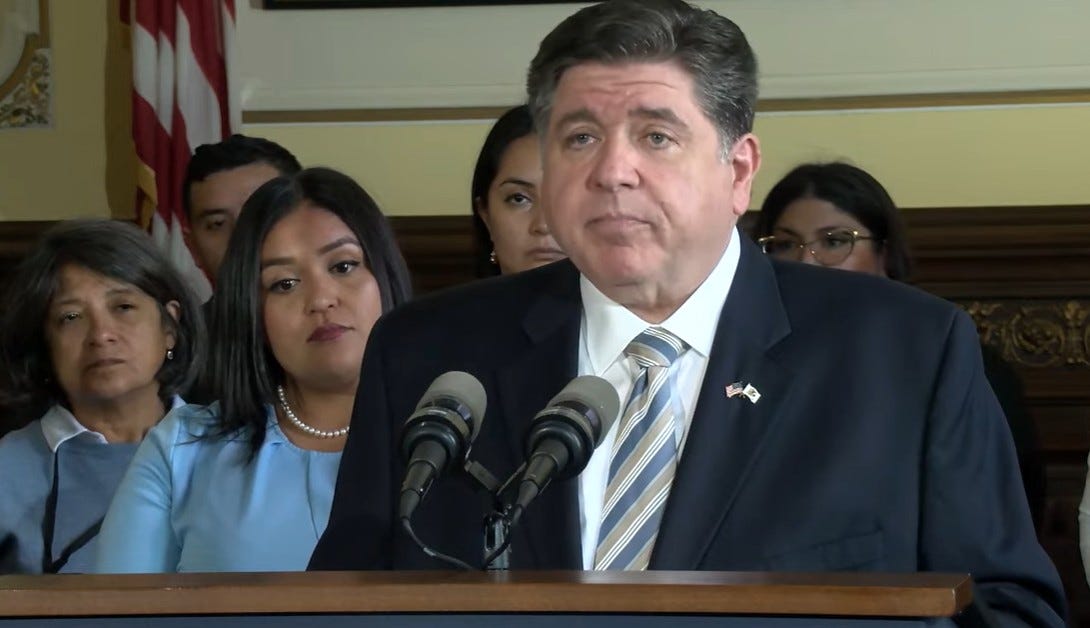The nation holds its breath as November 26th approaches, the date Rachel Reeves will deliver a Budget poised to reshape the financial landscape. Whispers from Westminster suggest a stark reality: significant tax increases and carefully considered spending cuts are on the horizon.
Reeves faces a formidable challenge – adhering to self-imposed financial rules that demand fiscal responsibility. Her core objectives are ambitious: eliminate borrowing for day-to-day expenses by the end of this parliament and demonstrably reduce the national debt. Experts estimate a tightening of £22 billion is needed to meet these targets, but the Chancellor reportedly seeks even greater financial security.
The question of tax increases looms large. While Reeves has remained guarded, recent statements hint at difficult decisions. A recent appearance in Saudi Arabia underscored her desire for “sufficient headroom” to navigate potential future economic shocks, suggesting the current financial buffer is deemed inadequate.

Property taxes are anticipated to undergo substantial changes. While Labour has publicly ruled out increases to income tax, National Insurance, and VAT, the focus is shifting towards alternative revenue streams. Replacing the current stamp duty with a broader property tax is a distinct possibility.
Capital Gains Tax (CGT), typically applied to asset sales, could extend to pricier homes, despite previous assurances to the contrary. Landlords may also face increased scrutiny, potentially being required to pay National Insurance contributions if property rental is their primary income source.
The most pressing question centers on the fate of income tax, National Insurance, and VAT. Reeves’ previous firm commitments are now subject to intense speculation. Her carefully worded responses to direct inquiries have only fueled the debate, leaving the public uncertain.

One potential strategy involves a delicate balancing act: a 2p increase in income tax offset by a corresponding cut in National Insurance. This maneuver, while technically avoiding a tax increase on working people, could be perceived differently by the public.
Pension tax rules are also under review. Rumors suggest a possible reduction in the amount of tax-free cash individuals can access from their pension pots, a measure previously considered but ultimately deferred.
Inheritance Tax, already subject to changes announced last year, may see further adjustments. Plans to impose the tax on agricultural assets and include pension funds in estate valuations are likely to be revisited and potentially expanded.

Calls for a wealth tax, targeting the UK’s most affluent citizens, are gaining traction, though internal party consensus remains elusive. Such a tax could take the form of an annual charge on individuals with substantial assets.
Beyond taxation, changes to government spending are inevitable. Reeves has signaled a willingness to address the cost-of-living crisis, potentially through targeted measures like reducing VAT on energy bills or lowering regulatory costs for suppliers.
She also indicated a potential shift in benefits eligibility, suggesting young people may be required to accept job offers to continue receiving support. However, Labour has previously committed to significant investment in key public services, including a £226 billion budget for the NHS by 2028-29 and an additional £4 billion for adult social care.

Defense spending is also slated for an increase, with an extra £2.2 billion allocated in the recent spending review. The Budget will provide further clarity on these commitments and their impact on the overall financial strategy.
The coming weeks will be crucial as Reeves finalizes her plans, navigating a complex web of economic pressures and political considerations. The Autumn Budget promises to be a defining moment, setting the course for the nation’s financial future.






